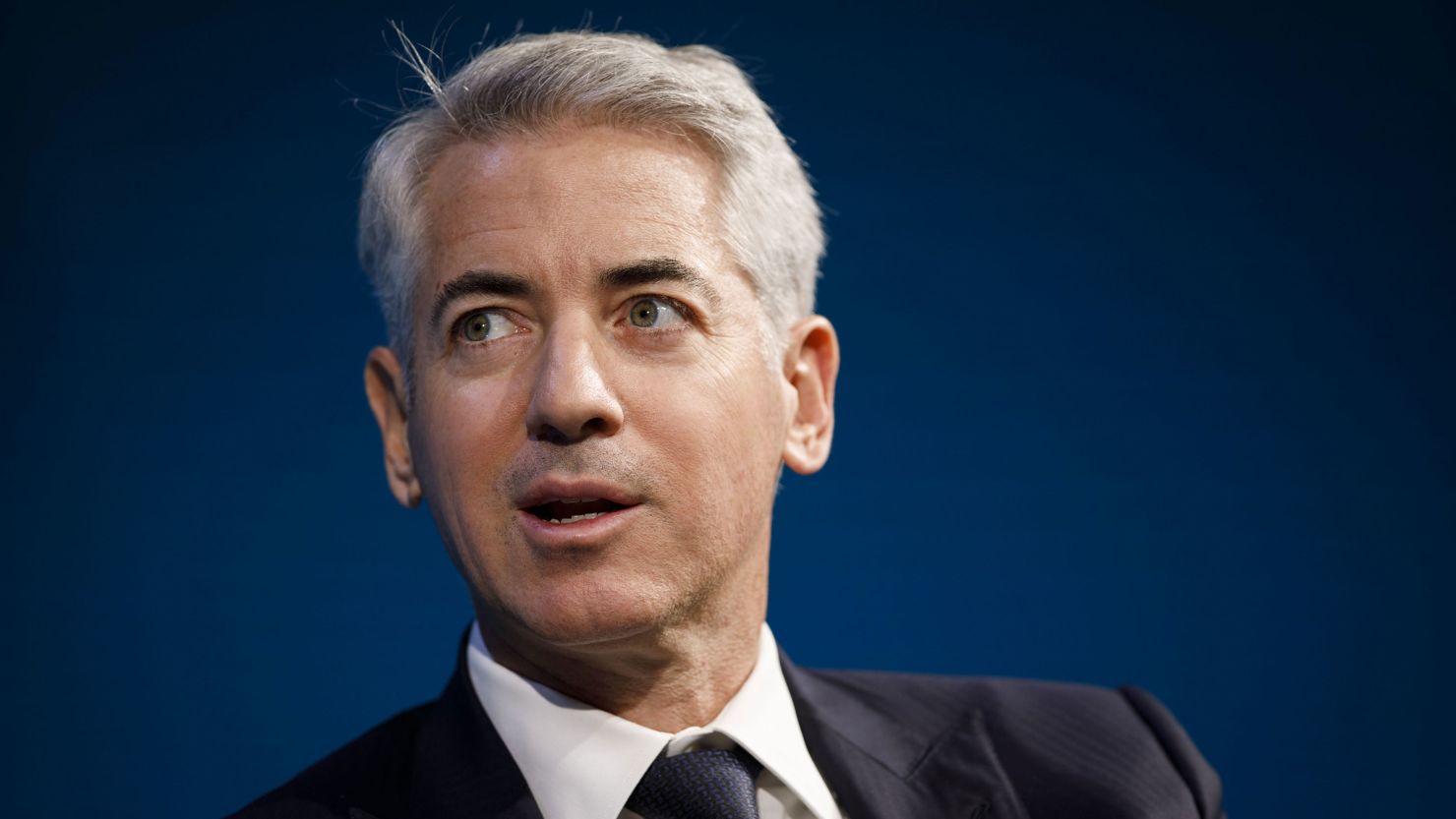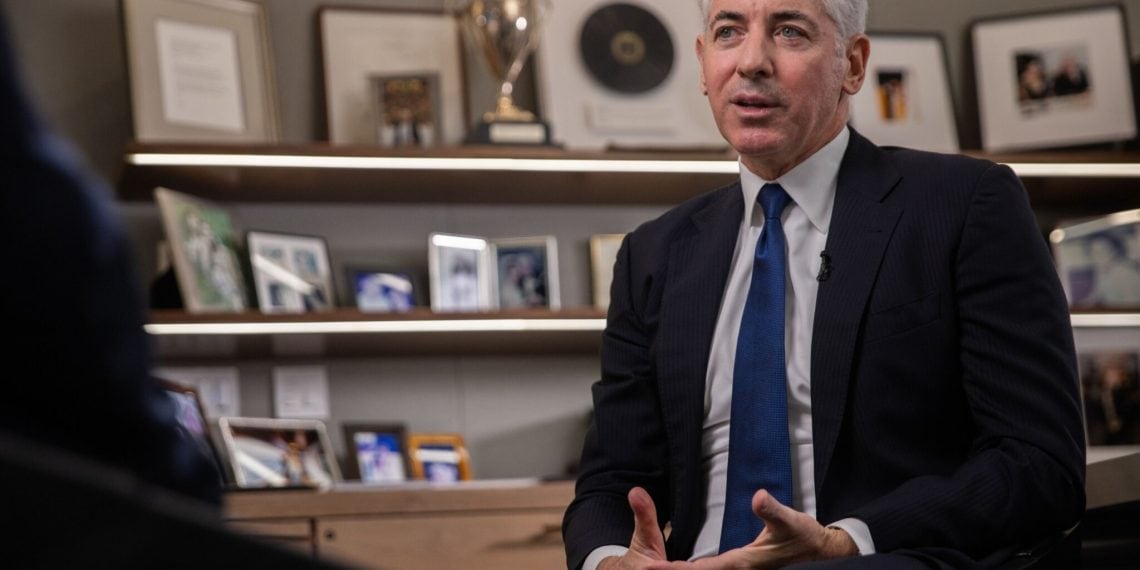Billionaire investor Bill Ackman’s efforts to influence Harvard University’s governing board faced a setback as four candidates, including one backed by Facebook founder Mark Zuckerberg, failed to secure a spot on the ballot.
Ackman, a vocal critic of Harvard President Claudine Gay, who resigned amid controversy over antisemitism, plagiarism, and financial management, supported candidates advocating for change.
Despite Ackman’s $50 million donations to Harvard, the candidates fell short of the required votes to be on the board of overseers, the university’s second-highest governing body. The elections take place later this year. Ackman accused Harvard of needing change and expressed disappointment at the outcome.
Mark Zuckerberg supported Sam Lessin, an investor and former colleague at Facebook, who also failed to secure a spot. Dissident candidates challenging Harvard’s traditional leadership received support from Lawrence Summers, a former Harvard president and U.S. Treasury secretary.
Ackman backed a group of four candidates called Renew Harvard, emphasizing free speech, student protection, and addressing financial mismanagement.
The group criticized Harvard’s endowment return of 2.9% in fiscal 2023, significantly underperforming the market. While the board of overseers is influential, it doesn’t have the same oversight as the Harvard Corporation.

The Renew Harvard group plans to try again next year as write-in candidates on the ballot. The board oversees the university through processes like visitation, allowing assessments, and inquiries into faculty and departments. The elections follow successful challenges in 2020 and 2021 when Harvard Forward, advocating for divestment from fossil fuels, elected four candidates.
In 1989, dissident alumni pushed to elect Archbishop Desmond Tutu to influence Harvard’s divestment from companies involved in South African apartheid. Despite setbacks, Ackman and dissident groups signal ongoing efforts to shape Harvard’s governance.





